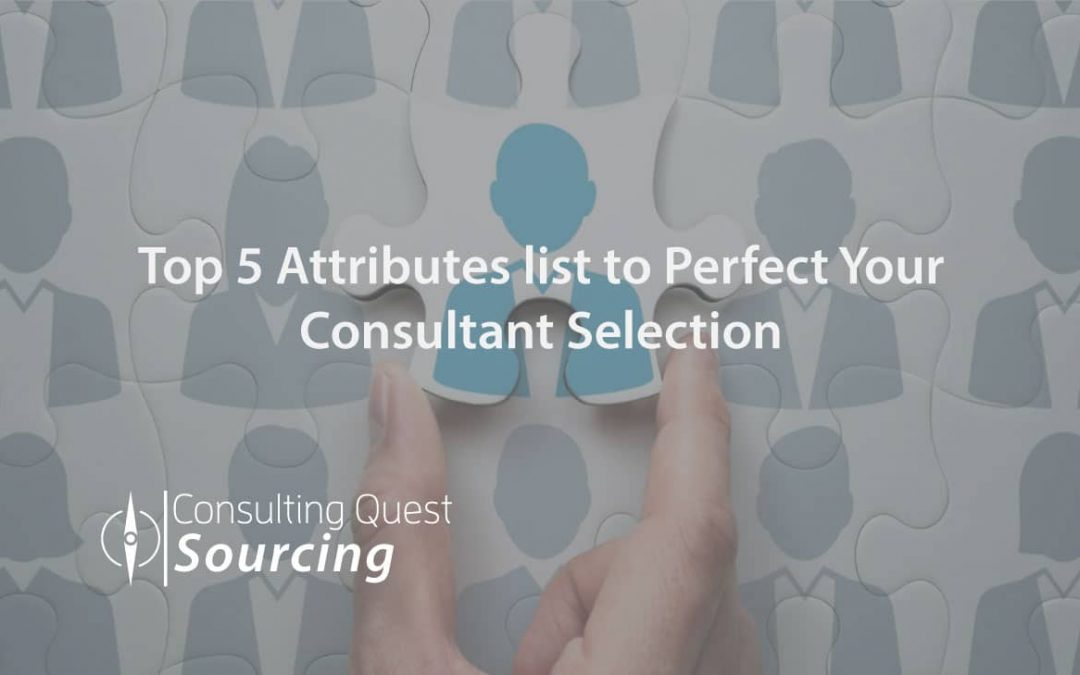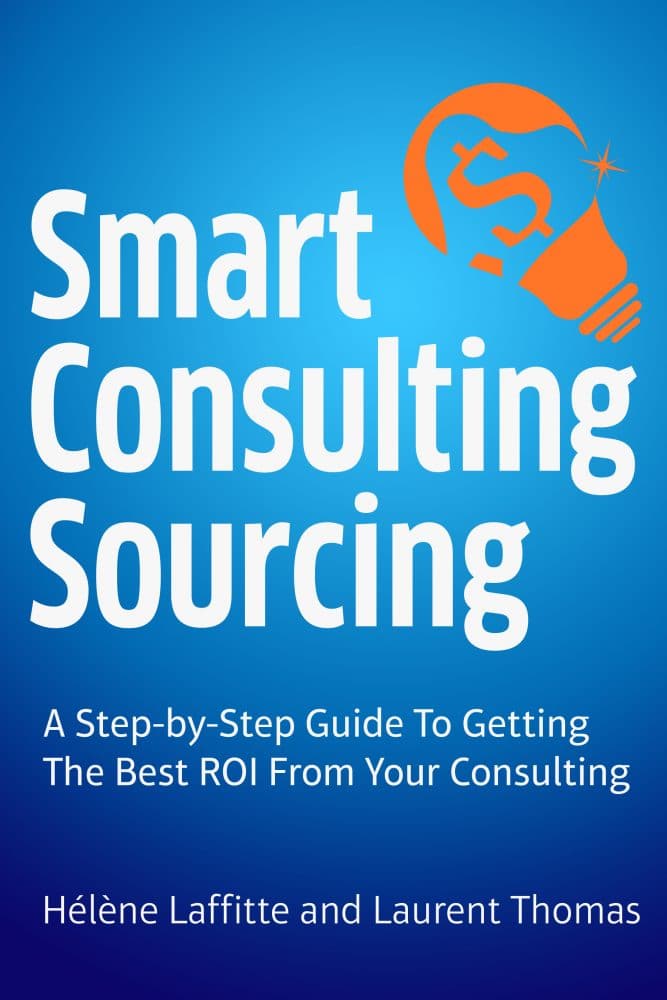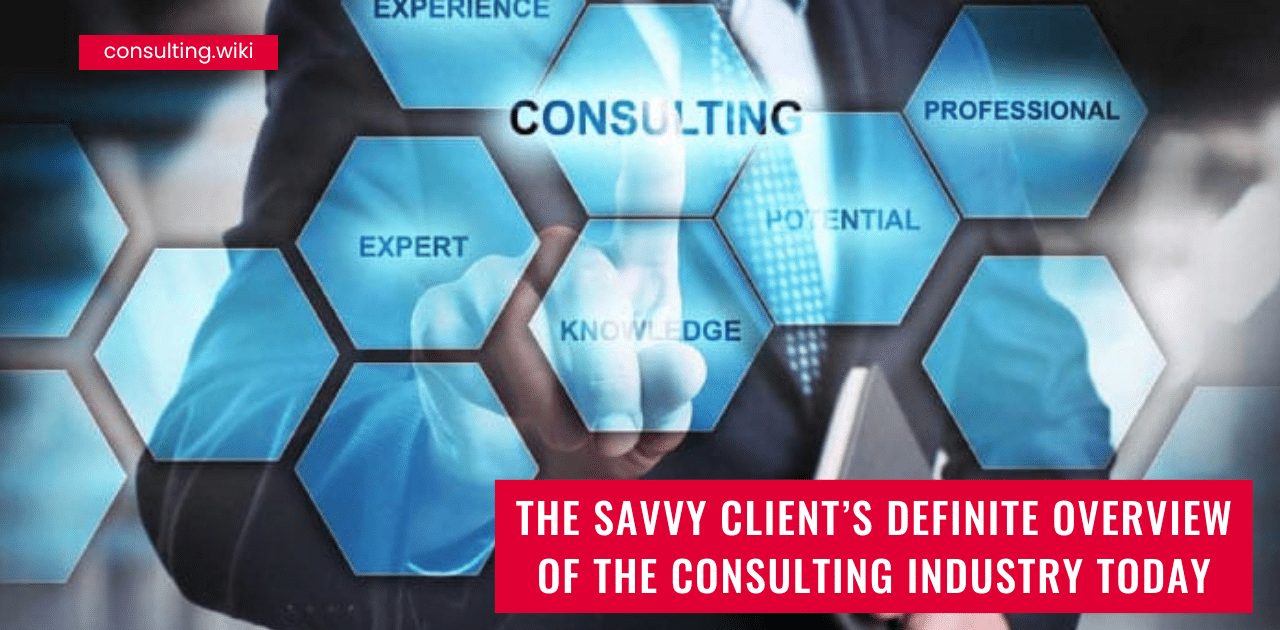
5 reasons why Executives love to hate consultants
There is a multitude of reasons why Executives don’t like to work with Consultants. Some are based on their personal experience; some are just urban legends. A more balanced and professional approach will be much more mutually beneficial.
5 reasons why Executives love to hate consultants
“A consultant is someone who takes your watch away to tell you what time it is”
1- Some Executives don’t understand the nature of Consulting
Unfortunately, some Executives have never worked with Consultants. Some companies just don’t work with consultants as a rule. Some regions in the world are less accustomed to working with Consultants too. And some functions within the organization are less likely to use the help of Consultants. But more broadly, while executives tend to navigate across functions in a Company, they can have a narrow vision of Consulting. If they started their career in Operations, they would be very familiar with Lean Operations, Operations Excellence, or Procurement Consulting. But when they are moving to Strategy, they might be less familiar with Growth Strategy, Innovation, or Market Entry Strategy Consulting.
READ ALSO
Launching a large consulting project can be daunting. Often the project will impact several functions and locations.
2. Executives don’t always see how Consulting creates value –
They might feel that they have the resources in-house to do the work, or think Consultants are just regurgitating what they told them and have little expertise. Only 35% of executives say that the consulting firms they’ve worked with have added more value than they took in fees, according to Source Global Research. That’s actually a disappointing statistic.
But high-quality doesn’t necessarily mean value. This is a big point, and clear evaluation and objectivity are very necessary in this case, with projects in question.
3. Working with Consultants is to Executives ‘admitting’ can’t do their job right –
And in some cases, this is true. You bring in Consultants because you don’t have the right skills and expertise in-house or because your project is not going fast enough. But does that always mean you are not doing your job right? Depending on how the top management introduces the Consulting Team (and how it will interact with the internal stakeholders), you might have a lot of resistance within your Company.
4. Executives have the feeling that they are training the consultants –
Most large consulting firms have a pyramidal organization where senior partners sell and young consultants deliver. As a result, the operational executives often feel that they are training what they call “the school bus” – an army of young and bring consultants. But all consulting firms are not organized the same way. Some offer, as a differentiator, more seniority and expertise on field.
5. Consultants don’t always deliver actionable plans –
Another very common reproach made to consultants is to create beautiful strategy, but not the actionable plan to execute it. Some consulting firms have specialized in the execution rather than the design of strategy. The real issue at stake is to know what’s the best consulting firm for each stage of your project.
How to make them change their mind?
Most of the reasons listed above come from two managerial mistakes: a negative perception about Consulting and inefficient Consulting Procurement capabilities.
Working with Consultants has great benefits and by no means represents a failure in execution. It is actually a way to accelerate business growth. The value created by Consultants, whether it is tangible (i.e., savings, or increased revenues) or intangible (i.e., Leadership or Process Optimization), can be measured and proven.
You will need to educate your executives and top management to make sure they have a very clear and objective understanding of what consulting is and is not.
Another step is to convince them that hiring consultants will not be considered as a failure of execution but rather an acceleration. Don’t oppose the Consulting Team to your internal teams, but rather encourage collaboration.
However, make sure your internal (or former) consultants don’t engage in a competition with your external consultants to prove their value. First, nobody asks them to demonstrate who is the smartest cookie. And second, both might end up losing sight of the objectives.
Finally, you know that building a solid consulting Procurement capability and measuring your Providers’ Performance (and acting on it) will increase your teams’ satisfaction when working with Consultants and positively impact the return on investments of your Consulting Projects.
Consulting sourcing tips

How to negotiate framework agreements for consulting to your advantage?
How to negotiate framework agreements for consulting to your advantage?

Make-or-buy for consulting services 101
Make-or-buy for consulting services 101

How to Hone to Perfection Your Consultant Selection with Our Top 5 List of Attributes
You are moving forward with the project and close to making a final selection of your Consulting provider. Based on the proposal assessment described in one of our previous articles, you should now have a good sense of what the Consultant can do for you, on paper.
Previous Weeks’ issues

Holiday Season Reflections: Top Themes in Consulting 2024 | This Week in Consulting
In this edition of this week in consulting, we embrace the holiday season by reflecting on 2024’s key trends like generative AI, sustainability, and social impact.

The Changing Tide of International Trade | This Week in Consulting
In this edition of This Week in Consulting, we explore how regions contribute to global trade, the challenges they face, and the opportunities to adapt amid shifting geopolitics and policies.

Digital Transformation Decoded: Challenges, Insights, and Opportunities | This Week in Consulting
In this edition of This Week in Consulting, we delve deep into the challenges and opportunities of digital transformation across industries, offering insights to strategize, adapt, and lead.
Choose the best next step for you
Buy the Book

Talk to us
Hélène Laffitte is the CEO of Consulting Quest, a Global Performance-Driven Consulting Platform and author of “Smart Consulting Sourcing”, a step by step guide to getting the best ROI from your consulting. With a blend of experience in Procurement and Consulting, Hélène is passionate about helping Companies create more value through Consulting.





